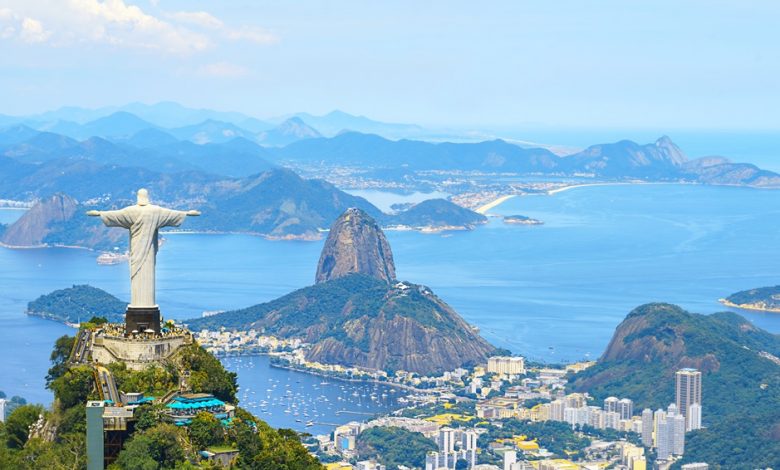The ratification

The ratification of the first constitution in 1824 led to the formation of a bicameral legislature, now called the National Congress. The country became a presidential republic in 1889 following a military coup d’état. An authoritarian military junta came to power in 1964 and ruled until 1985, after which civilian governance resumed. Brazil’s current constitution, formulated in 1988, defines it as a democratic federal republic.[18] Due to its rich culture and history, the country ranks thirteenth in the world by number of UNESCO World Heritage Sites.[19]
Brazil is classified as an upper-middle income economy by the World Bank[20] and a newly industrialized country,[21] with the largest share of global wealth in Latin America. It is considered an advanced emerging economy,[22] having the twelfth largest GDP in th
e world by nominal, and eighth by PPP measures.[23][24] It is one of the world’s major breadbaskets, being the largest producer of coffee for the last 150 years.[25] Brazil is a regional power and sometimes considered a great[26][27][28] or a middle power in international affairs.[28][29][30][31][32][27] On account of its international recognition and influence, the country is subsequently classified as an emerging power[33] and a potential superpower by several analysts.[34][35][36] Brazil is a founding member of the United Nations, the G20, BRICS, Mercosul, Organization of American States, Organization of Ibero-American States and the Community of Portuguese Language Countries.
